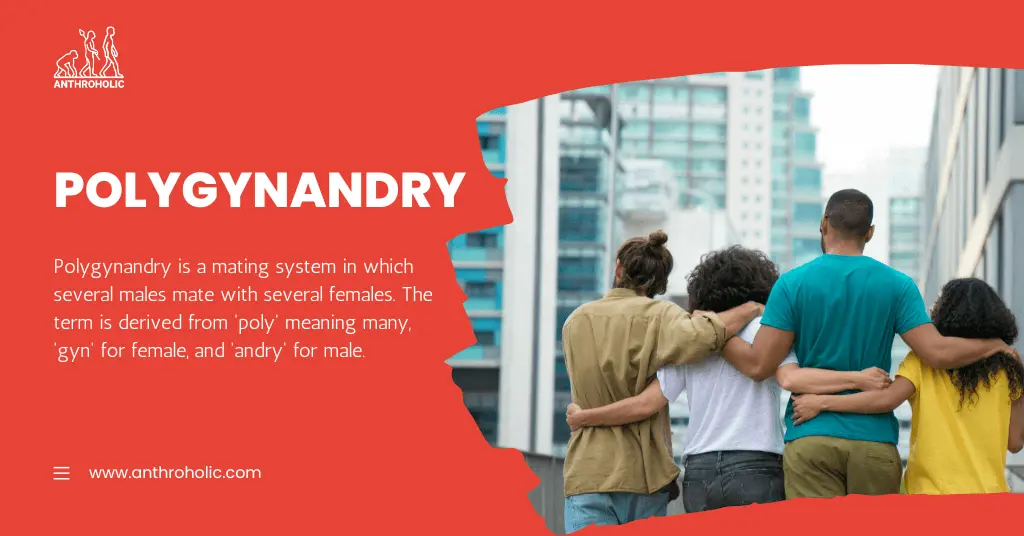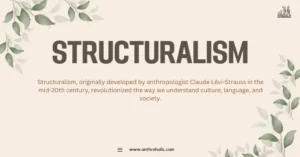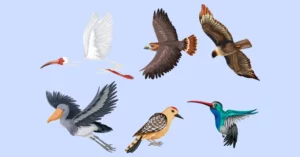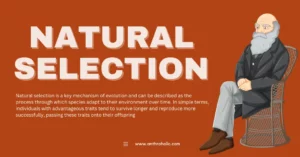AI Answer Evaluation Platform Live Now. Try Free Answer Evaluation Now
Polygynandry
Biodiversity is nature’s flamboyant spectacle, a vivid testament to life’s uncanny ability to adapt and evolve. This diverse dance manifests not only in physical characteristics and habitat preferences but also in animal mating systems. One such curious pattern is Polygynandry, a complex yet fascinating arrangement.

Understanding Polygynandry: Unraveling the Complexity
Polygynandry is a mating system in which several males mate with several females. The term is derived from ‘poly’ meaning many, ‘gyn’ for female, and ‘andry’ for male. This system creates a network of interactions among multiple males and females, fostering shared parenting and offering genetic diversity.
Key Elements of Polygynandry
- Multiple Males: Several males are involved in mating.
- Multiple Females: Several females participate in the mating process.
- Shared Parenting: Many times, all adults partake in child-rearing.
- Genetic Diversity: Greater potential for variation in the gene pool.
Setting the Stage: Where Polygynandry Occurs
Polygynandry is not widespread and is less common than monogamy or polygyny. It’s found predominantly in certain bird species (like the Acorn Woodpecker and the Lance-tailed Manakin), mammals (such as the Wild Dog and the Brown Rat), and even some primates (like Bonobos).
Diverse Players, One Stage: Polygynandry in Various Species
Let’s dive into the realm of specific species practicing polygynandry:
| Species | Description |
|---|---|
| Acorn Woodpecker | These birds live in large groups. Males from the same family mate with females from other families in the group. |
| Lance-tailed Manakin | Older males team up to attract females. The dominant male mates with the female while the other provides assistance. |
| Wild Dog | Alpha males and females lead the pack, but mating is not restricted to them. The whole pack helps rear the pups. |
| Brown Rat | Multiple males mate with multiple females, with all adults partaking in parenting duties. |
| Bonobo | Known for their complex social structure, bonobos engage in multi-partner mating leading to communal parenting. |
Unraveling the Benefits: Why Polygynandry?
Polygynandry may seem strange, but it offers tangible advantages:
- Genetic Diversity: More mating partners equate to more genetic combinations, increasing the chance of beneficial traits in offspring.
- Reduced Infanticide: In some species, males may kill offspring not sired by them. In polygynandrous groups, paternity is uncertain, thus reducing infanticide.
- Shared Parenting: Shared responsibility ensures better protection and care for the offspring.
- Inclusive Mating: More individuals get a chance to pass on their genes, promoting a balanced gene pool.
An Evolutionary Twist: The Impact on Evolution
While polygynandry affects individual species, it also influences broader evolutionary patterns. By promoting genetic diversity, it helps species adapt to changing environments more effectively. Furthermore, the social structures arising from polygynandry may lead to the evolution of complex behaviors and cognitive abilities.
Final Thoughts: Polygynandry – A Beautiful Chaos
Polygynandry, though rare and complex, is an intriguing facet of the grand tapestry of life. As we continue to delve into the mysteries of nature, such unique mating systems remind us of the adaptability and diversity that life possesses.
While our understanding of polygynandry remains incomplete, each new revelation underscores the beauty and intricacy of the natural world. From communal rearing in the African plains to the cooperative dances of Manakins in the South American rainforests, polygynandry is a testament to life’s endless creativity.
Life, in its multitude of forms and systems, continues to surprise us. Polygynandry, a small but fascinating piece of this puzzle, invites us to delve deeper, learn more, and marvel at the wonders of the natural world. In this dance of life, it stands as a symbol of cooperation, shared responsibility, and the importance of community – a lesson that transcends species and resonates with the core essence of survival.
Polygynandry, in its beautiful chaos, is a mirror to life itself – diverse, interconnected, and ceaselessly fascinating.



